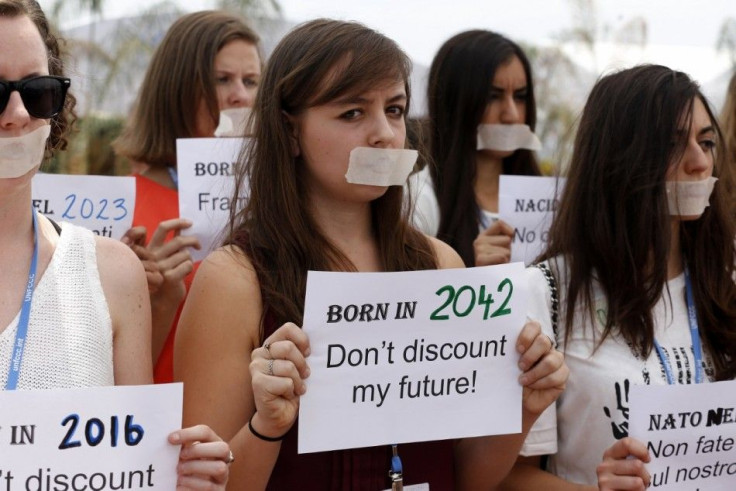New Zealand Raises Emission Reduction Target: Care Taken Not To Upset The Economy

In a significant step, New Zealand raised its greenhouse gas emissions reduction targets and said it still wanted a climate change policy that is attainable and affordable for the agrarian economy.
Accordingly, New Zealand will be cutting emissions to 30 percent below 2005 levels by 2030. This proposal would be submitted as part of negotiations on a comprehensive agreement in Paris by the end of 2015.
Fair Contribution
Tim Groser, Minister for Climate Change said, "While New Zealand's emissions are small on a global scale, we are keen to make a fair and ambitious contribution to the international effort to reduce greenhouse gas emissions and avoid the most harmful effects of climate change.” New Zealand had opted out of the second commitment period of the Kyoto Protocol and chose to associate with the United States in the United Nations Framework Convention on Climate Change.
New Zealand’s previous commitment was to cut emissions by 5 percent of 1990 levels. Groser said the new target doubles the previous commitment and is equivalent to cutting emissions by 11 percent of 1990 levels. "The target will remain provisional until we ratify the new international agreement," he said.
About half of New Zealand's emissions are coming from farm animals and agricultural production. Carbon reducing technologies are not very pervasive in the agriculture sector. New Zealand generates 80 percent of its power from renewable sources.
According to minister Groser, domestic carbon trading scheme will allow businesses to offset carbon emissions by buying credits and it would be reviewed for achieving the new targets. However, the policy will be that no unfair costs are to be slapped on any particular sector or groups.
Mixed Reaction
New Zealand's escalated commitment for a higher emission reduction target drew a mixed response. The Greens Party called it 'paltry' and said New Zealand is not pulling its weight on the issue of climate change. Anders Crofoot, spokesman for the Federated Farmers climate change, welcomed it as a steady approach and said farmers will not be hit hard. New Zealand’s climate scientist Jim Salinger said the new target is both good and bad.
Forest Owners Association chief executive David Rhodes said the new target shows little progress over the previous commitments. He noted that there was already a commitment made for 10 to 20 percent reduction by 2020, from the 1990 levels. It was a conditional target. He said the latest offering of 11 percent reduction is again conditional and makes it appear that the target is less ambitious and no great progress has come over from what is already on table.
(For feedback/comments, contact the writer at k.kumar@ibtimes.com.au)





















